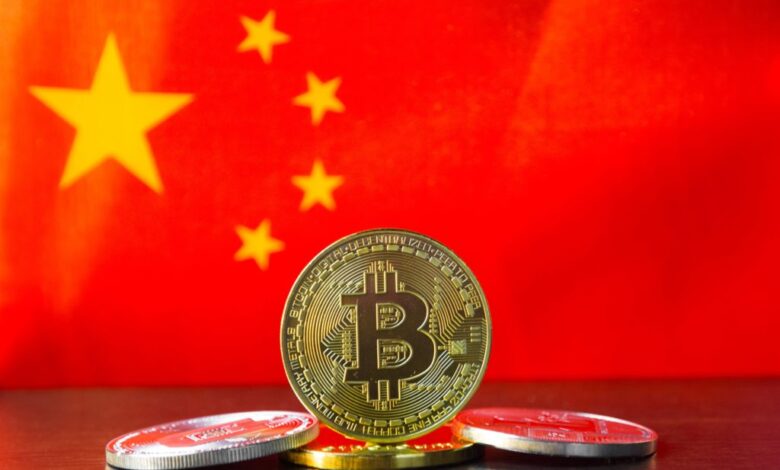China’s Crypto Pivot: Reshaping Global Markets Amidst Market Surges

Amidst the recent $1.6 trillion surge in Bitcoin, Ethereum, XRP, and Solana‘s combined market capitalization, China’s long-held strict stance on cryptocurrency has notably shifted. Formerly known for stringent regulations and crackdowns, China seems to have quietly altered its approach, hinting at a potential acceptance of the crypto sphere.
This change from China carries substantial implications for the global crypto market, given its stature as a major economy and tech powerhouse. This shift coincides with the crypto industry’s unprecedented growth and mainstream acceptance. Bitcoin, Ethereum, XRP, and Solana have all achieved record highs, catching the eye of investors, institutions, and governments globally, triggering a reevaluation of their views on digital currencies.
China’s pivot towards cryptocurrencies might stem from several factors. The country could be recognizing the economic prospects and innovative opportunities within digital assets, aiming to position itself as a leader in the global digital economy race. Additionally, the rise of decentralized finance (DeFi) and non-fungible tokens (NFTs) might have influenced China’s shift, as these sectors show potential to transform traditional financial systems and offer new avenues for investment and creativity.
Yet, China’s stance on cryptocurrencies remains intricate. Despite embracing their potential, the country is likely to maintain stringent regulations to counter risks like fraud, money laundering, and market manipulation. China’s history of implementing strict measures for financial stability is unlikely to entirely shift.
People’s Bank of China Urges Global Crypto Regulation
In its recent financial stability report, the Chinese central bank dedicated a section specifically to cryptocurrency assets, highlighting the necessity for coordinated regulation across nations. Released on December 22, the report notes that the cryptocurrency market represents just 1% of the global financial system and maintains limited ties with traditional finance.
According to industry journalist Colin Wu, the PBoC‘s most recent financial stability report marks the first time it has dedicated a distinct section to crypto assets. Within this report, the central bank called for worldwide governments to adopt a “same business, same risks, same supervision” approach to prevent regulatory discrepancies.
The report underscored various risks associated with cryptocurrency regulatory disparities, citing vulnerabilities to hacking, market manipulation, and concerns related to DeFi governance mechanisms. Specifically, the PBoC referenced the collapse of the Terra ecosystem and the downfall of the FTX exchange in 2022, urging the need to address regulatory fragmentation and eliminate supervisory discrepancies.
China’s call for global collaboration in regulating the cryptocurrency industry comes after its significant ban on crypto a few years ago. In 2021, the PBoC introduced measures to curb crypto adoption within mainland China, emphasizing increased inter-departmental coordination to crackdown on crypto activities. Despite the ban encompassing nearly all crypto transactions and mining activities, mainland China has remained a key crypto-mining center.
Amidst these shifts, Binance workarounds enabling mainland Chinese traders to join by listing Taiwan as their location reflect the crypto market’s allure, despite efforts to distance the exchange from China. The sizeable crypto market in the country remains enticing amid tightening regulations elsewhere, showcasing the evolving dynamics of the industry.
Some industry figures, like Animoca co-founder Yat Siu, suggest that Hong Kong‘s swift adoption of crypto could signal significant regulatory movements in mainland China. However, other local executives believe that China’s stance on crypto is unrelated to Hong Kong’s crypto-friendly initiatives.





